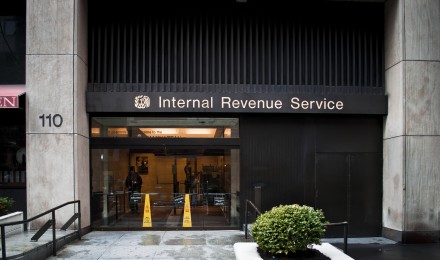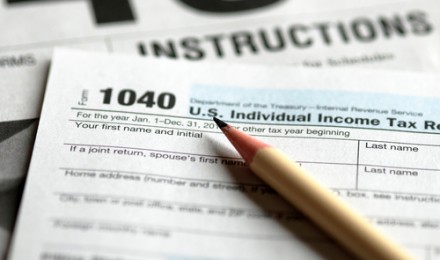Self employed workers have a big income tax burden because in addition to paying for their federal taxes, they also have to pay the full 15 percent of their social security taxes while employees who earn wages are subsidized by their employers. This can add up to a big tax bill each year, and it is important for every self employed individual to consider the best ways to save on income taxes.
Income Tax Tips for the Self Employed
While the self employed have higher income taxes because of their larger social security obligations, there may also be some ways to save. Consider these tips:
- Be sure to take all business deductions. If you work from your home, you may be able to take a home office deduction if you have a dedicated space. Equipment you buy from work, accounting fees you pay to an accountant, and other costs of running your business are all deductible. You can even deduct mileage on your car and depreciation on things you use to do business.
- Make sure you pay your estimates. Those who earn a paycheck from their employers have money taken out of their paychecks throughout the year and sent to the IRS since the tax system is pay-as-you go. Self employed people do not have anyone to take taxes out so they have an obligation to send in quarterly estimates. These are due in April, June, September and January and if you do not pay as required you may be assessed penalties.
- Ensure your business is properly classified. If you are doing business as a sole proprietor, then all of the business income and losses are considered your own personal income and losses. There are other business structures that might make sense and provide you with tax savings. For example, if you incorporate and form an S-corporation, you may be able to save a portion of your social security taxes by paying some of the business profits as distributions rather than as salary. Forming a C-corporation can also make sense under certain circumstances although C-corporations can result in double taxation if you do not structure your profits and payouts correctly.
- Understand your self-employed retirement options. Individuals who are self employed can invest in a self employed IRA or other special retirement accounts that enjoy favorable tax treatment. You can typically put much more money away in a tax-advantaged account than someone who is not self employed since you can invest up to a percentage of your income. This allows you to more easily save for retirement.
- Remember that health insurance costs are tax deductible. You can deduct the cost of insurance premiums and you may also be able to deduct the costs of medical expenses provided they reach a certain percentage of your income.
In many cases, it is advisable for self-employed individuals to seek professional help with their taxes due to the additional complications of earning 1099 income. A good tax professional can help you to find ways to save money on taxes and to maximize the deductions available to those who are self employed.







